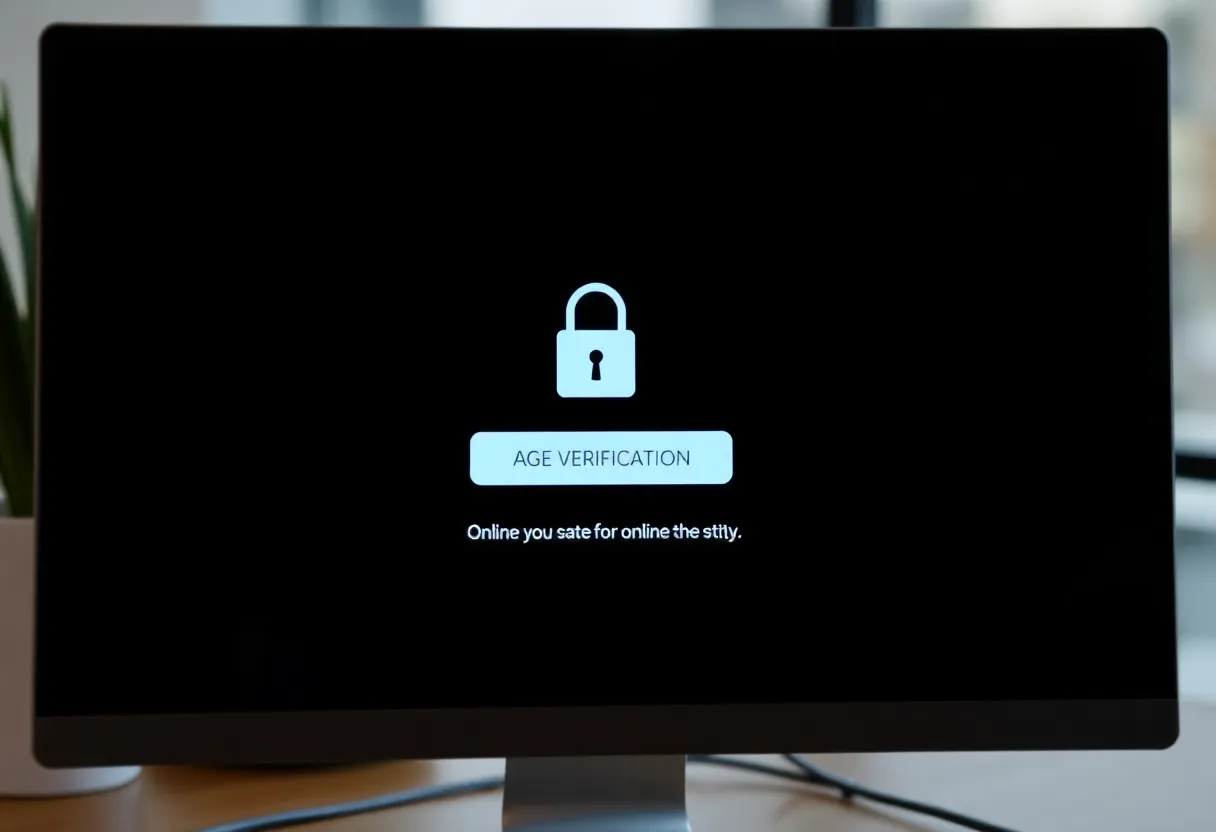News Summary
Arizona Governor Katie Hobbs has signed House Bill 2112, requiring adult websites to verify user ages to prevent minors from accessing explicit content. This bipartisan-supported bill enhances internet safety for children, holding websites accountable and safeguarding user privacy. The law emphasizes the importance of reasonable age verification methods and empowers parents to protect their children from online pornography.
Arizona Governor Katie Hobbs has signed new legislation known as House Bill 2112, which mandates adult websites to verify the ages of their users. This law aims to prevent minors from accessing pornographic content online, marking a significant step in regulating internet safety for children. The bill was signed on Tuesday, making Arizona one of over 20 states implementing similar measures nationwide.
The legislation specifies that adult websites must ensure users are at least 18 years old before granting access to any content classified as sexual material. Additionally, these websites are required to utilize “reasonable age verification methods.” This initiative intends to give parents in Arizona more control over their children’s exposure to explicit material found online.
Under House Bill 2112, parents will now have the ability to hold pornographic sites accountable if their children gain access to such explicit content. The bill explicitly prohibits websites from retaining any identifying information of users during the age-verification process, ensuring that users’ data is safeguarded. Furthermore, the law states that identifying information must not be transmitted to state or federal government entities, effectively protecting user privacy.
In the event that entities fail to conform to these age verification requirements, the bill grants courts the authority to impose civil penalties. This legal framework seeks to enforce compliance and emphasize the importance of safeguarding minors from accessing inappropriate content.
On the same day that Governor Hobbs signed House Bill 2112, she also approved an additional 38 bills, which included diverse legislation such as amendments related to criminal impersonation through computer-generated recordings, a measure for tracking sexual assault evidence kits, and the establishment of a Turquoise Alert System for missing adults under suspicious circumstances. These various legislative efforts demonstrate the governor’s commitment to addressing a range of issues affecting the community.
A significant development in recent legislative activity was the veto of 36 bills by Governor Hobbs the previous Monday, which spurred attention to the importance of the bills that were signed into law, including House Bill 2112. The new age verification requirement aligns with broader national trends aimed at enhancing child safety on the internet.
The introduction of House Bill 2112 reflects growing concerns regarding children’s online safety, as many believe that explicit content has become increasingly accessible to minors. State Representative Nick Kupper, who advocated for the bill, voiced the view that “hardcore pornography has been just one click away from kids for too long.” This legislation aims to create a more responsible online environment while holding sites accountable for their content.
In summary, Arizona’s newly signed House Bill 2112 requires adult websites to implement stringent age verification measures, enhancing the accountability of online content. Parents now have tools to protect their children from inappropriate material. As Arizona joins other states in this legislative trend, the focus remains on creating a safer online landscape for all.
Deeper Dive: News & Info About This Topic

Author: STAFF HERE PHOENIX WRITER
The PHOENIX STAFF WRITER represents the experienced team at HEREPhoenix.com, your go-to source for actionable local news and information in Phoenix, Maricopa County, and beyond. Specializing in "news you can use," we cover essential topics like product reviews for personal and business needs, local business directories, politics, real estate trends, neighborhood insights, and state news affecting the area—with deep expertise drawn from years of dedicated reporting and strong community input, including local press releases and business updates. We deliver top reporting on high-value events such as the Waste Management Phoenix Open, Cactus League Spring Training, and Arizona State Fair. Our coverage extends to key organizations like the Greater Phoenix Chamber of Commerce and Visit Phoenix, plus leading businesses in technology and healthcare that power the local economy such as Intel and Banner Health. As part of the broader HERE network, including HERETucson.com, we provide comprehensive, credible insights into Arizona's dynamic landscape.





